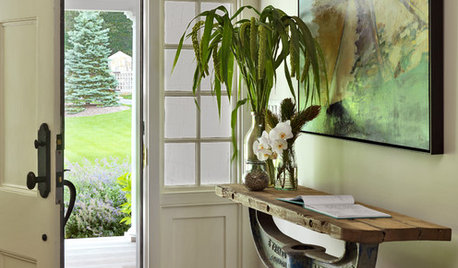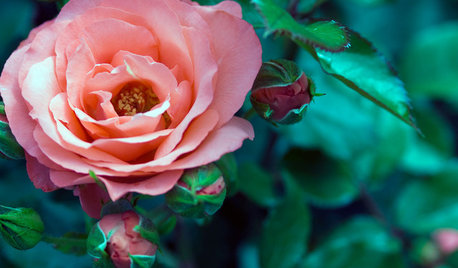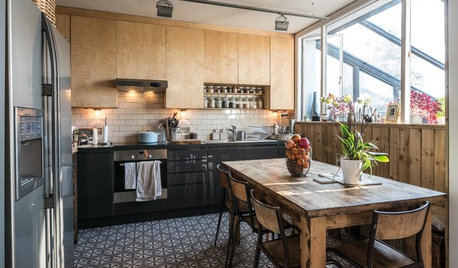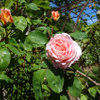Anyone use Rose Tone?
armyyife
15 years ago
Featured Answer
Comments (26)
erasmus_gw
15 years agodublinbay z6 (KS)
15 years agoRelated Professionals
Derry Landscape Architects & Landscape Designers · Clark Landscape Architects & Landscape Designers · Fillmore Landscape Architects & Landscape Designers · Severn Landscape Architects & Landscape Designers · Burlington Landscape Contractors · Surprise Landscape Contractors · Fort Mill Landscape Contractors · Longview Landscape Contractors · Milton Landscape Contractors · Palm Beach Gardens Landscape Contractors · Vallejo Landscape Contractors · Reisterstown Landscape Contractors · Conroe Swimming Pool Builders · Portland Siding & Exteriors · Paramus Siding & Exteriorssherryocala
15 years agomashamcl
15 years agoarmyyife
15 years agognabonnand
15 years agonewtie
15 years agoalbinnibla
15 years agoharryshoe zone6 eastern Pennsylvania
15 years agobarbarag_happy
15 years agoarmyyife
15 years agobuford
15 years agolori_elf z6b MD
15 years agomichaelg
15 years agocarla17
15 years agomichaelg
15 years agoUser
15 years agolou_spicewood_tx
15 years agognabonnand
15 years agoarmyyife
15 years agolou_spicewood_tx
15 years agomichaelg
15 years agolou_spicewood_tx
15 years agocecilia_md7a
15 years agobarbarag_happy
15 years ago
Related Stories

DECORATING GUIDESThe Cure for Houzz Envy: Dining Room Touches Anyone Can Do
Get a decorator-style dining room on the cheap with inexpensive artwork, secondhand furniture and thoughtful accessories
Full Story
BATHROOM DESIGNThe Cure for Houzz Envy: Bathroom Touches Anyone Can Do
Take your bath from blah to ‘ahhhh’ with just a few easy and inexpensive moves
Full Story
BUDGET DECORATINGThe Cure for Houzz Envy: Entryway Touches Anyone Can Do
Make a smashing first impression with just one or two affordable design moves
Full Story
DECORATING GUIDESNeed Peace and Quiet? Muted Colors Tone Things Down
Subtle hues can be perfect for large rooms and to balance out bolder colors in a home
Full Story
GARDENING GUIDESLearn the Secret to Bigger and Better Roses
Grow beautiful roses using both ordinary and unusual soil amendments
Full Story
SHOP HOUZZShop Houzz: Get Trendy With Rose Gold
Soft and glam, this chic tone is warming up interiors everywhere
Full Story0

KITCHEN DESIGNTwo-Tone Cabinet Finishes Double Kitchen Style
Love 'em or not, two-tone kitchen cabinet treatments are still going strong. Try these strategies to change up the look of your space
Full Story
KITCHEN DESIGNA Two-Tone Cabinet Scheme Gives Your Kitchen the Best of Both Worlds
Waffling between paint and stain or dark and light? Here’s how to mix and match colors and materials
Full Story
KITCHEN DESIGNIdea of the Week: Jewel-Toned Kitchen Islands
Give your kitchen personality and style with a burst of color on the island
Full Story
DECORATING GUIDESTry a Handmade Oushak Rug for Warm Spice Tones and Softness Underfoot
Lovely to look at and delightful to touch, these sumptuous Turkish rugs work with a range of room styles
Full StoryMore Discussions









Terry Crawford